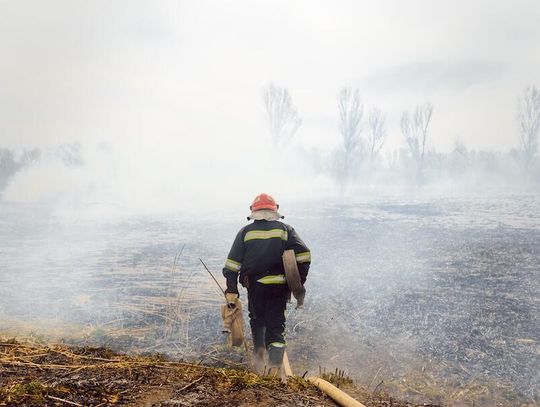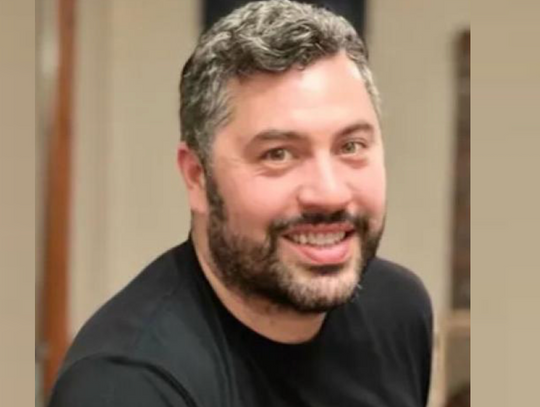Springfield - Statewide hearings begin this week to better understand how life insurance companies avoid paying death benefits and what Illinois families can do to prevent themselves from being victimized after the death of a loved one, Illinois State Treasurer Michael Frerichs said. First Public Hearing is being held Aug. 17 in Normal, Illinois. Kemper Corp. is invited to participate and testify on its non-payment actions.
Since 2011, the Illinois State Treasurer’s office has identified more than $550 million in death benefits that were not paid to grieving families in Illinois. Nationally, $7.4 billion has been identified.
Frerichs established a task force that includes members of the General Assembly, Citizen Action Illinois, AARP, and the NAACP.
Also invited to be a member of the task force and explain this little-known practice is Chicago-based Kemper Corp. Kemper tells federal officials that requiring them to pay benefits in a more timely manner “could have a material adverse effect on the Company’s profitability, financial position and cash flows.” Three life insurance companies under Kemper’s umbrella sued Frerichs to block an audit that would show if they are holding onto insurance benefits where the insured died years before and the funds are owed to beneficiaries.
“I’ve never met a man or a woman who purchased life insurance with the expectation that the death benefits would be kept by the insurance company rather than paid to their family,” Frerichs said. “Families need to know how to protect themselves from insurance companies who manipulate the rules to avoid paying death benefits.”
Frerichs called for the hearings to educate the public on this questionable practice, to allow other insurance industry members to explain best practices in the timely payment of benefits, and to identify what additional steps might be warranted. The first hearing is 10:00 a.m., Normal City Council chambers, 11 Uptown Circle, 4th Floor. The public is welcome to attend and offer testimony.
The hearings dovetail with legislation Frerichs prompted that now awaits Governor Bruce Rauner’s signature. The legislation would require life insurers to use the federal Death Master File to identify deceased policy holders whose life insurance proceeds have not been paid.
Currently, the treasurer’s office requests compliance audits of life insurance companies to identify unpaid life insurance policies. Frerichs has such authority in his role in safeguarding and returning unclaimed property through Illinois’ I-Cash program.
Kemper remains a staunch opponent to the audits and the proposed legislation. In their lawsuit against Frerichs, Kemper’s affiliates have argued that “life insurers such as (Kemper) have no affirmative obligation to take any steps to determine that an insured has died and/or that benefits are payable…” and that they “do not want to … adopt a practice where (Kemper has) an affirmative obligation to identify deceased insureds and escheat policy proceeds five years after the date of a death reported on the DMF (Death Master File).”
Auditors compare the list of life insurance owners with the Death Master File, also referred to as the DMF. The DMF is a secure and reliable database used by the Social Security Administration and other government agencies to fight waste, fraud and abuse. Additionally, more than 20 life insurance companies representing more than 70 percent of the national market have voluntarily resolved audits with Illinois and other states. Other companies have begun using the DMF to comply with laws in other states that require DMF-matching.
In Illinois, the state treasurer is tasked with safeguarding unclaimed property, such as life insurance benefits, forgotten bank accounts, and unclaimed rebate checks from retailers. Illinois holds approximately $2 billion in unclaimed property. Individuals can search a database for their name or the name of their business or non-profit at www.illinoistreasurer.gov/icash. Frerichs’ office never charges anyone to search the database or return unclaimed property.
About the Illinois Treasurer
The Illinois Treasurer is the state’s chief investment officer and Frerichs is a Certified Public Finance Officer. He protects consumers by encouraging savings plans for college or trade school, increasing financial education among all ages, and removing barriers to a secure retirement. As the state’s Chief Investment Officer, he actively manages approximately $25 billion. The portfolio includes $13 billion in state funds, $7 billion in college savings plans and $5 billion on behalf of local and state governments. The investment approach is cautious to ensure the preservation of capital and returns $28 to the state for every $1 spent in operations. The Treasurer’s Office predates Illinois incorporation in 1818. Voters in 1848 chose to make it an elected office.
(State Treasure's Office)
Caption: Mike Frerichs, Photo: ilga.gov
Reklama










